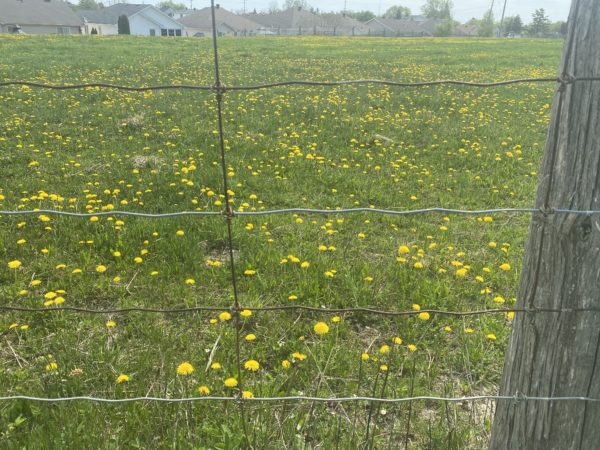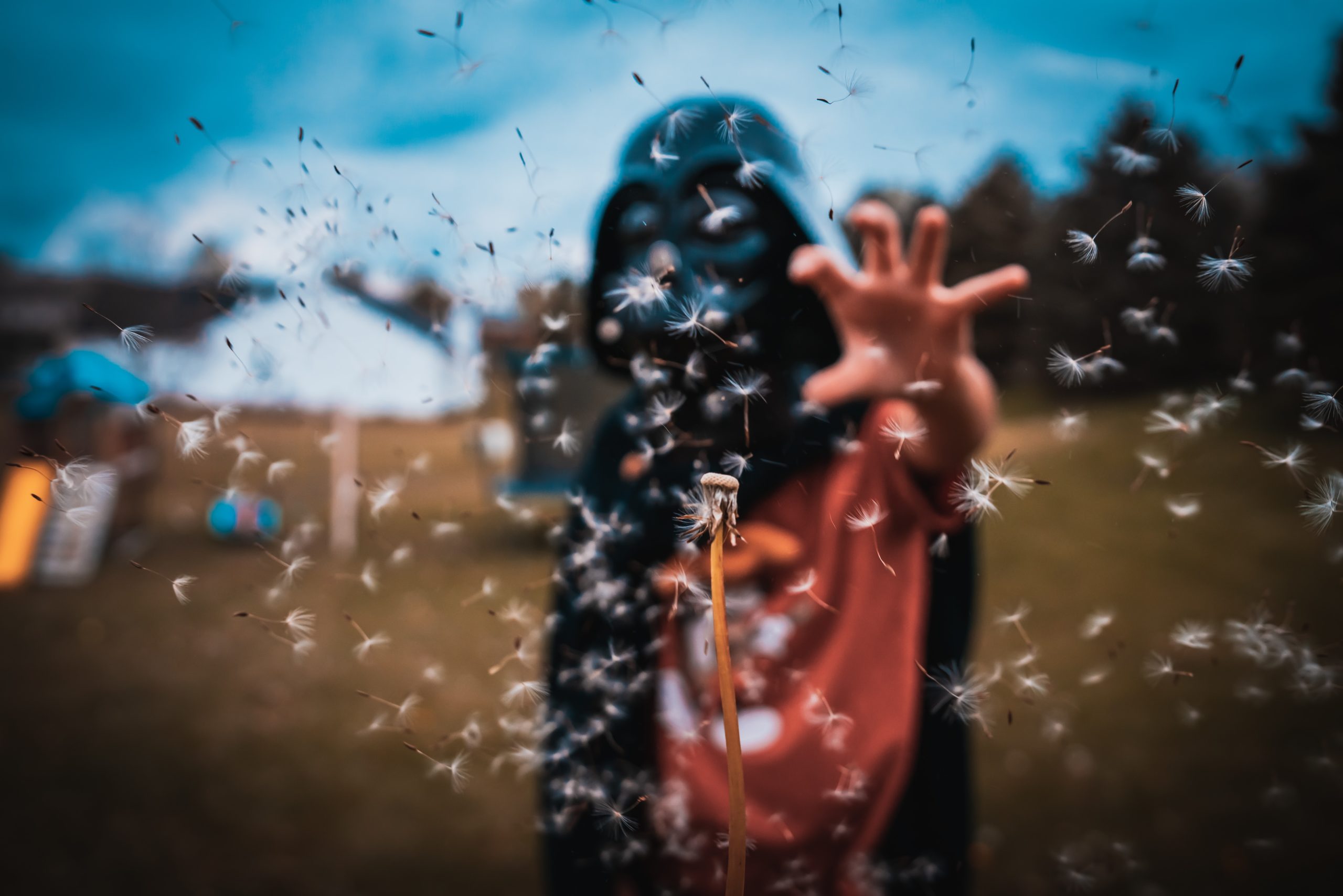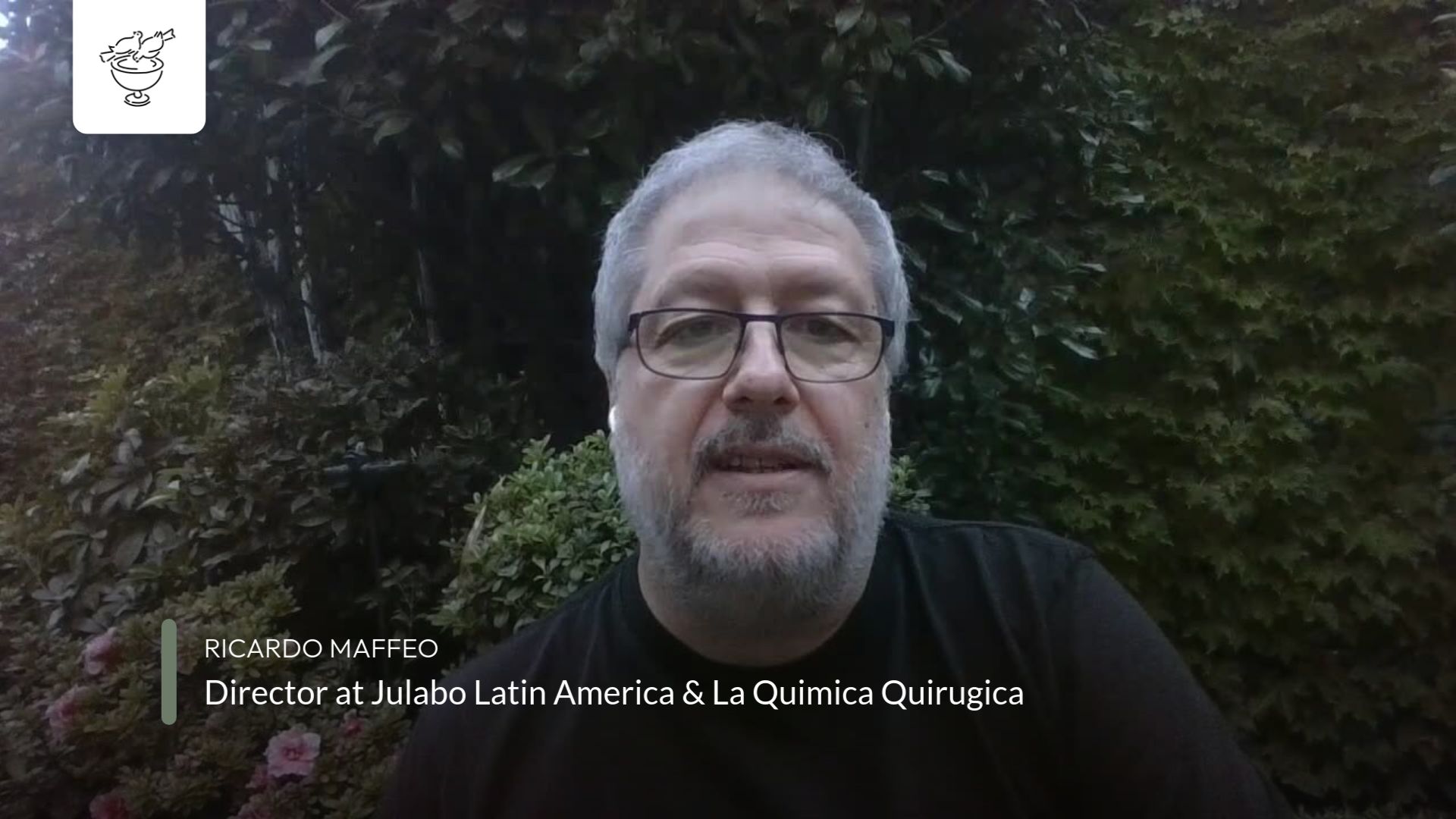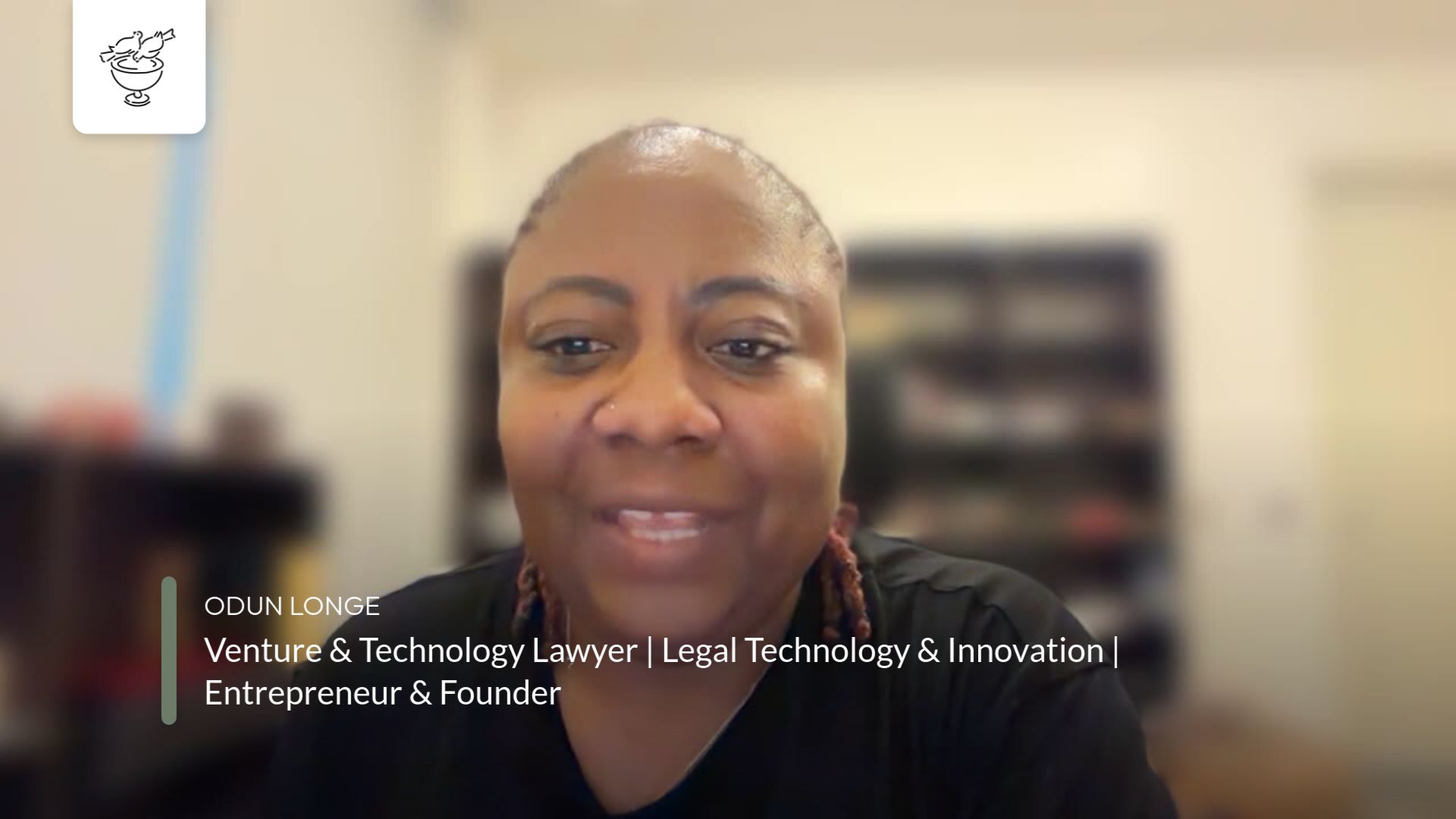It’s planting season in the part of the world where I live. During the early days of the pandemic lockdown when snow still covered the ground outside, my family started from seed growing vegetables and flowers indoors. Two months later we can now plant the tiny seedlings outside. The days are bright, warm and long. Soaking rains nourish the earth. And the seedlings have more room to grow. But before long, they will be sharing the earth with other uninvited guests. The weeds will soon compete with the tomatoes, cucumbers and nasturtiums. And the overwhelming challenge begins for the avid gardener.
Days can be spent in the yard or garden doing nothing else then pulling the weeds. Here in Canada the enemy is usually the evil dandelion, especially if a major concern is how the garden looks to passersby. For the self-conscious in us – usually ego-driven – wants to make a good impression to our neighbors. After all a yard dandelion-free is a yard to behold!
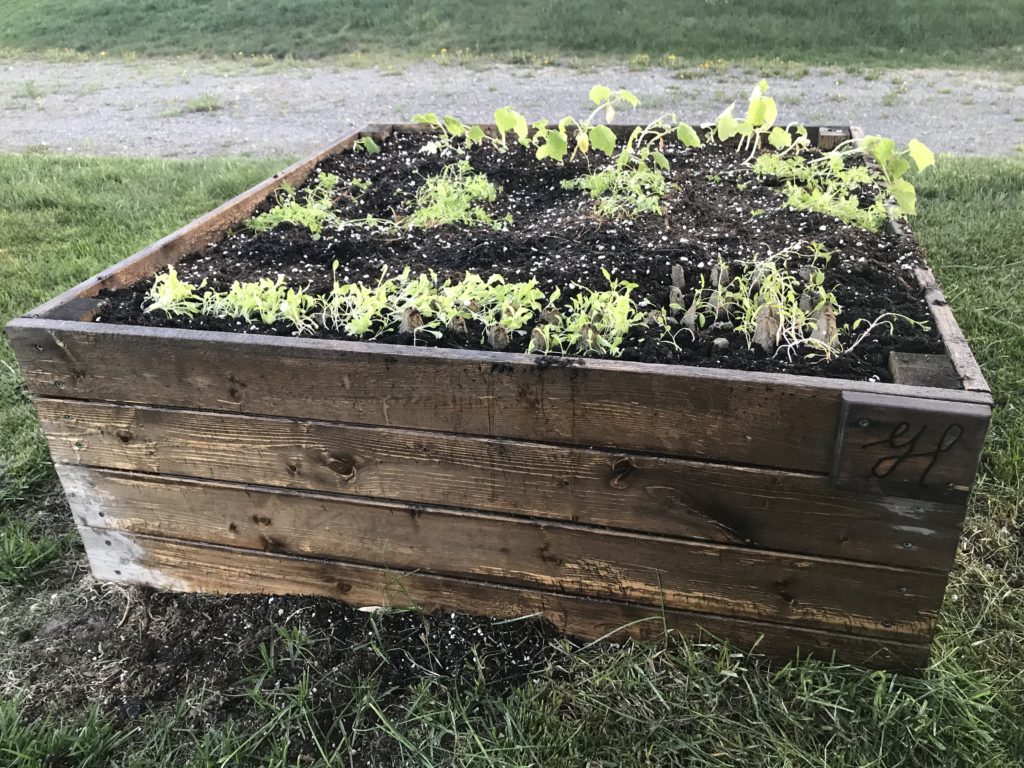
Jesus tells a story about weeds and wheat. When the weeds grow alongside the wheat, the workers immediately want to get busy pulling those weeds out from among the wheat. They assume there can be such a thing as a pure existence, one completely free from blemish and corruption. But the landlord calls for restraint. ‘Let the weeds and wheat grow together until the harvest.’ (Matthew 13:24-30)
When we learn to meditate, we may encounter anxious moments when all manner of repressed memory, much of disturbing, may float to the surface of our consciousness. Our fears, our woundedness, our anger and shame may all compete for our attention when we still our bodies and minds in meditation.
Our immediate reaction may be to rid ourselves of impurities in our heart, soul and bodies. Our lives then become a battle of using all our resources to cleanse our awareness of all these upsetting realities – of pulling up those dreaded dandelions of the heart! We assume a spiritual life of dedicated, faithful and intentional practice in meditation must be free of these internal cacophonies. And it’s up to us to do this!
And yet, this is not the message of Christian Meditation. We say there can be no koinonia without kenosis; that is, there can be no community of love without letting go. Yet, letting go means acceptance not riddance.
In the journey and faithfulness of meditation and saying the mantra, we learn not to resist what emerges. Rather, we practice being present to it. We give permission for the weeds of our hearts to grow alongside the good and the true within us.
During this time of seclusion many of us are discovering what actually matters in our lives. It’s difficult to embrace fully what matters most because we have become so accustomed to our distracting ego impulses and reactive ways of being in relationship. When we see these parts of ourselves as competing then we remain stuck in our inner divisions. We continue to fight ourselves.
Yet, as we discover what actually matters we still need to co-exist with all those impulses, pain, and passions emerging from within us. We will learn to live alongside the messy, less-than-ideal mixed-up-ness of our lives. On this journey of learning and practice in meditation, that part of ourselves that bothers us will eventually let go of us in the light of God’s unconditional love shining over all of it.
Forgiveness, mercy and love are the blessed fruit of the practice.
